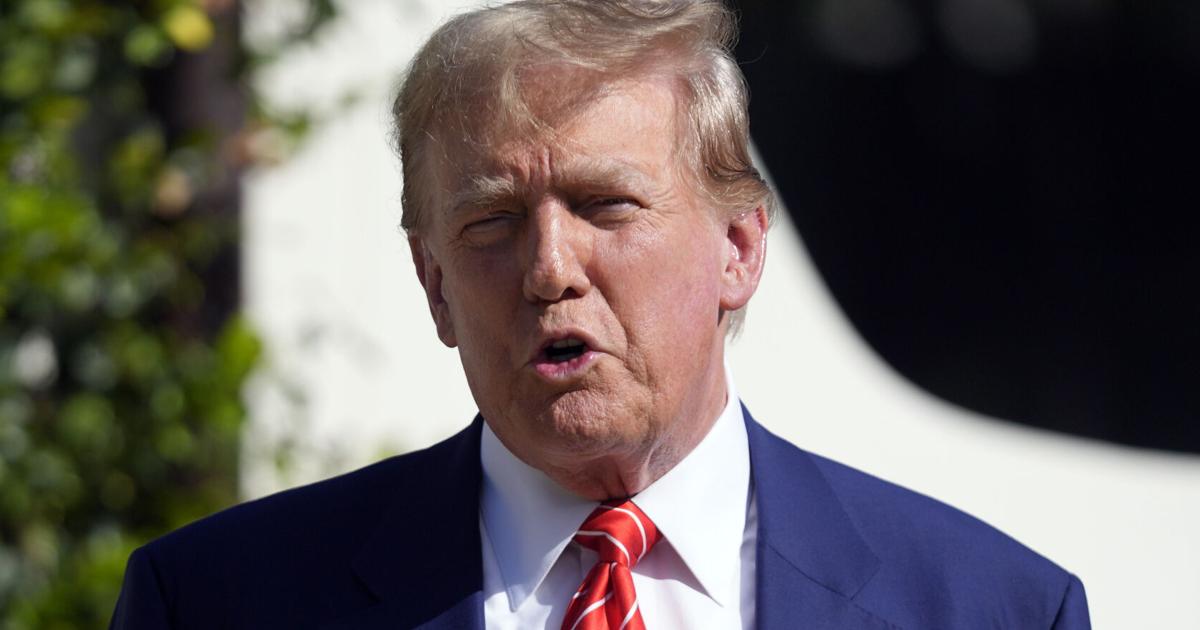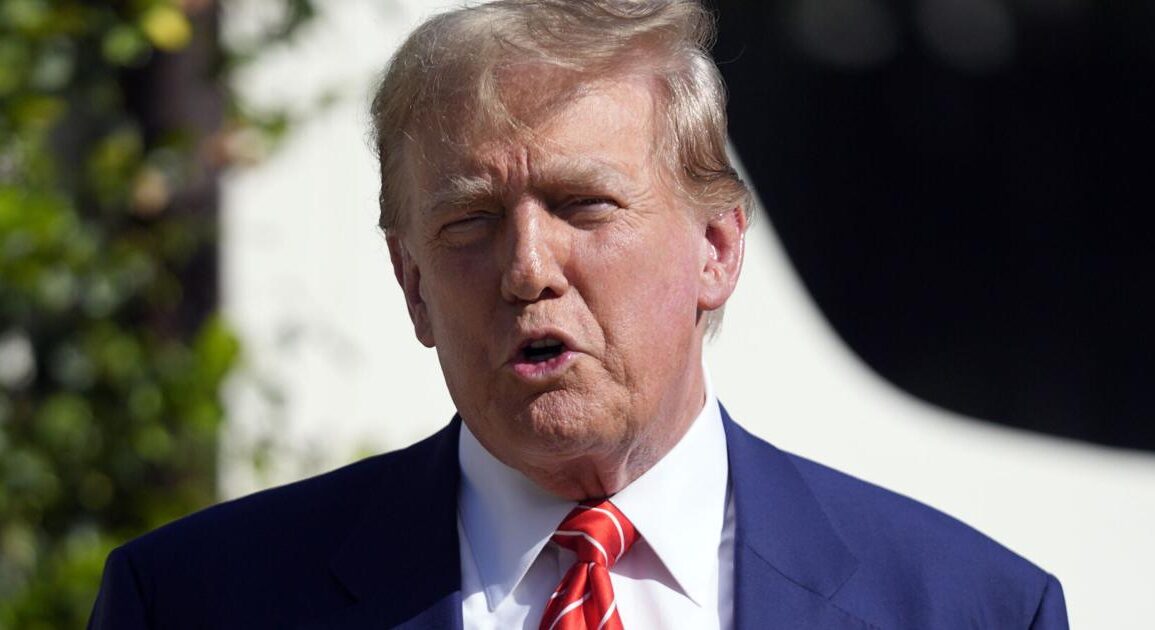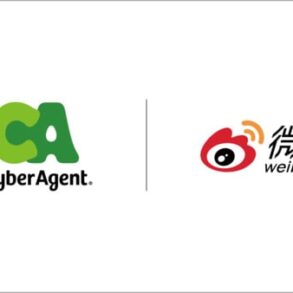
NEW YORK – Donald Trump is returning to the stock market, and the former president stands to reap a sizeable payout in the process.
Shareholders of Digital World Acquisition Corp., a publicly traded shell company, approved a deal to merge with Trump’s media business in a Friday vote. That means Trump Media & Technology Group, whose flagship product is social networking site Truth Social, will soon begin trading on the Nasdaq stock market.
Trump is set to own most of the combined company – or nearly 79 million shares. Multiply that by Digital World’s closing stock price Friday of $36.94, and the total value of his stake could be nearly $3 billion.
The greenlight arrives at a time the presumptive Republican presidential nominee is facing his most costly legal battle to date: a $454 million judgment in a fraud lawsuit.
But Trump won’t be able to cash out the deal’s windfall immediately, unless the company’s board makes changes to a “lock-up” provision that prevents company insiders from selling newly issued shares for six months.
When a publicly traded shell company agrees to buy a private company, the target company takes its place on a stock exchange once the combination is approved by shareholders. If recent activity in Digital World’s stock is any indication, shareholders of Trump Media could be in for a bumpy ride.
Many of Digital World’s investors are small-time investors who are either fans of Trump or trying to cash in on the mania, instead of big institutional and professional investors. Those shareholders helped the stock more than double this year in anticipation of the merger going through. But on Friday, the shares lost almost 14%.
Trump’s earlier foray into the stock market didn’t end well. Trump Hotels and Casino Resorts went public in 1995 under the symbol DJT – the same symbol Trump Media will trade under. By 2004, Trump’s casino company had filed for bankruptcy protection and was delisted from the New York Stock Exchange.
Ahead of Friday’s approval, Digital World’s regulatory filings listed many of the risks its investors face, as well as those of the Truth Social owner once Trump Media also goes public.
One risk, the company said, is that Trump would be entitled to vote in his own interest as a controlling stockholder – which may not always be in the interests of all shareholders.
Digital World also cited the high rate of failure for new social media platforms, as well as Trump Media’s expectation that it would lose money on its operations “for the foreseeable future.” Trump Media lost $49 million in the first nine months of last year, when it brought in just $3.4 million in revenue and had to pay $37.7 million in interest expenses.
Trump Media and Digital World first announced their merger plans back in October 2021. In addition to a federal probe, the deal faced a series of lawsuits leading up to Friday’s vote.
Truth Social launched in February 2022, one year after Trump was banned from major social platforms including Facebook and Twitter, the platform now known as X, following the Jan. 6 insurrection at the U.S. Capitol. He’s since been reinstated to both, but has stuck with Truth Social as a megaphone for his message.
Trump promoted Truth Social in a post on the social media network Thursday evening, saying: “TRUTH SOCIAL IS MY VOICE, AND THE REAL VOICE OF AMERICA!!! MAGA2024!!!”Trump Media hasn’t so far disclosed Truth Social’s user numbers. But research firm Similarweb estimates that it had roughly 5 million active mobile and web users in February. That’s far below TikTok’s more than 2 billion and Facebook’s 3 billion – but still higher than other “alt-tech” rivals like Parler, which has been offline for nearly a year but is planning a comeback, or Gettr, which had less than 2 million visitors in February.
A plunge into the public market means Trump’s social media business will soon have to disclose more details.
Private companies are accountable to their owners, while public ones are accountable to the shareholders who own the company’s stock. Once public, Trump Media will be required to report its quarterly finances as well as other material news to federal regulators.
In this sense, Truth Social faces some of the same problems that X has been contending with – mainstream advertisers who don’t want to be associated with hate speech and other controversial content.Associated Press writers Stan Choe and Barbara Ortutay contributed to this report.
This post was originally published on this site be sure to check out more of their content








